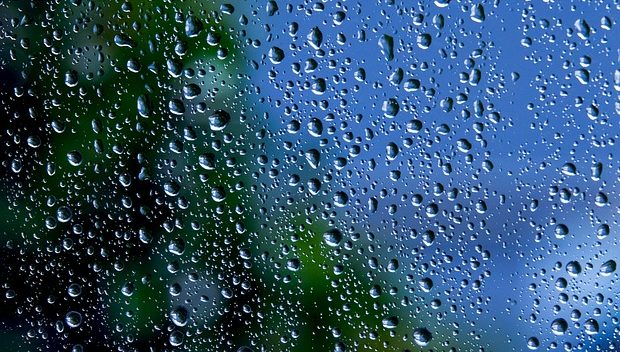Drought Lifted? Recent rains impact Buckingham, Prince Edward
Published 6:38 pm Sunday, February 4, 2024
|
Getting your Trinity Audio player ready...
|
If there’s one thing the past three weeks of winter weather has done, it’s eliminate any drought concerns in this region. As of Monday, Jan. 29, all drought advisories for Prince Edward, Buckingham, Cumberland and the surrounding areas were lifted.
To give an example of the difference, Prince Edward County had 5.87 inches of rain in December. Normally, the county averages 3.22 during the month. So far in January, Prince Edward has seen 5.76 inches, compared to the average of 2.11. All of that extra rainfall did more than enough to shut down any drought concerns from the Virginia Department of Water Quality. And the same was true for most of the state.
According to the most recent U.S. Department of Agriculture Crop Progress Report, 77% of topsoil moisture and 58% of subsoil moisture was adequate as of Jan. 2, with some fields seeing standing water. The excess rain didn’t seem to do much damage to winter crops. The report noted that 58% of the state’s barley and 78% of winter wheat are still in good condition.
Despite the frequent rains making it difficult to work outside, officials from the Virginia Farm Bureau say farmers were also able to apply nitrogen and weed killer to wheat crops on time. In fact, the only slight concern raised was due to the recent cold snap, where temperatures dropped as low as 11 degrees overnight.
But while this region is no longer under a drought advisory, that’s not true of everywhere in the Commonwealth. Monday’s DEQ advisory stated that 15 counties in the Big Sandy and Upper James areas remain under a drought watch. Seven counties in the Shenandoah region, which includes Augusta, Clarke, Frederick, Page, Rockingham, Shenandoah and Warren counties, are under a drought warning — where significant drought is imminent.
“The recent rains have helped a lot with soil moisture, especially since they were pretty slow, all-day type rains,” explained Matt Booher, a Virginia Cooperative Extension agent. “From a cropping standpoint, we are back to normal.”
But, he added, “our groundwater reserves that wells depend on are still below average for this time of year. This can impact irrigation water, water for poultry houses and rural homes.”
The DEQ noted long-term precipitation deficits persist, and more rain is needed to increase stream flows and groundwater reserves. It urges residents to conserve water resources by minimizing water use, monitoring drought conditions and detecting and repairing any leaks.






